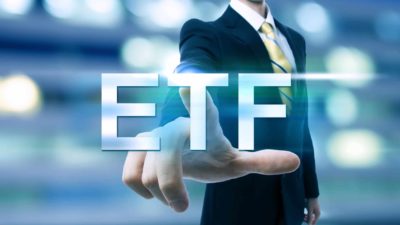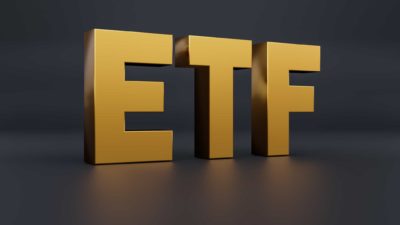When it comes to ASX index funds, the Vanguard Australian Shares Index ETF (ASX: VAS) is by far the most popular. This exchange-traded fund (ETF) has more than $12 billion in assets under management, well above its closest rival.
But while the Vanguard ETF's supremacy looks secure for now, it has a fast-growing rival in the BetaShares Australia 200 ETF (ASX: A200).
Back in February, we reported on how the BetaShares Australia 200 ETF had slashed its management fee to just 0.04% per annum. That makes it the cheapest ASX index fund on the market, by far. By comparison, the Vanguard Australian Shares ETF presently charges more than double that, with a fee of 0.1% per annum (to be reduced to 0.07% from 1 July).
Now, this difference equates to paying $4 a year for every $10,000 invested in the BetaShares fund against the $10 (soon to be $7) a year for that same $10,000 in Vanguard. Still, that difference does matter.
ASX 200 vs. ASX 300
But of course, comparing these two ETFs isn't quite an apples-to-apples lineup. There is a slight difference between them. Most ASX index funds track the S&P/ASX 200 Index (ASX: XJO). This index reflects the weighted performance of the largest 200 shares listed on the ASX. That includes everything from Commonwealth Bank of Australia (ASX: CBA) and Woolworths Group Ltd (ASX: WOW) to JB Hi-Fi Ltd (ASX: JBH) and TPG Telecom Ltd (ASX: TPG).
However, the Vanguard ETF instead tracks the S&P/ASX 300 Index (ASX: XKO), the only fund on the ASX to do so. As you might guess, this means that the Vanguard portfolio houses the largest 300 companies on the ASX, rather than the largest 200.
This has the effect of making the Vanguard portfolio a little more diversified, as well as a little less concentrated in the biggest names on the ASX.
So how do these two funds stack up? Well, who better to ask than our own chief investment officer, Scott Phillips? Here are Scott's thoughts on these two funds:
The similarities of these ETFs overwhelm the differences, but there are a couple of areas that are worth highlighting:
Firstly, the Betashares 200 ETF tracks the ASX 200 – two hundred of the largest companies on our exchange. The Vanguard Australian Shares ETF aims to match a slightly larger group of companies – the ASX 300 index, which is essentially the ASX 200 plus the next 100 or largest Australian-listed businesses.
Next is fees. The good news is that both companies have been bringing down their fees recently, and they're both very low: the cost of a cup of coffee (or two), per year for every $10,000 they manage — extraordinarily low.
Lastly, the business structures are different. Betashares ETFs are offered by a for-profit business, while the Vanguard funds actually own the fund manager. Take your pick on this one; some people like the discipline of for-profit businesses, while others like the idea that gains made by the manager will be essentially automatically ploughed back into lower fees.
Is Vanguard's VAS ETF a better ASX bet than BetaShares' A200?
So the primary differences here are the scope of the funds (ASX 200 vs. ASX 300), and the fees they charge. If you wish to seek out maximum diversification and are content to pay a little more to do so, then the Vanguard ETF might be the best pick. Especially if you appreciate that not-for-profit model.
But if you are chasing the lowest-cost ETF on the market, and you don't mind that small loss of diversity, then the BetaSahres Australia 200 ETF might be your preferred choice.
We'll end on performance. There isn't a lot separating the performances of these two ETFs. However, the BetaShares Australia 200 ETF does have a slight edge over the Vanguard Australian Shares ETF. During the 12 months to 30 April 2023, the A200 fund returned 2.67%. It has also averaged 14.31% per annum over the three years to 30 April.
In contrast, Vanguard's VAS fund returned 2.09% over the 12 months and averaged a flat 14% over the three-year period. Of course, this doesn't mean the BetaShares fund will always outperform the Vanguard ETF. But BetaShares certainly takes the performance crown for now.








